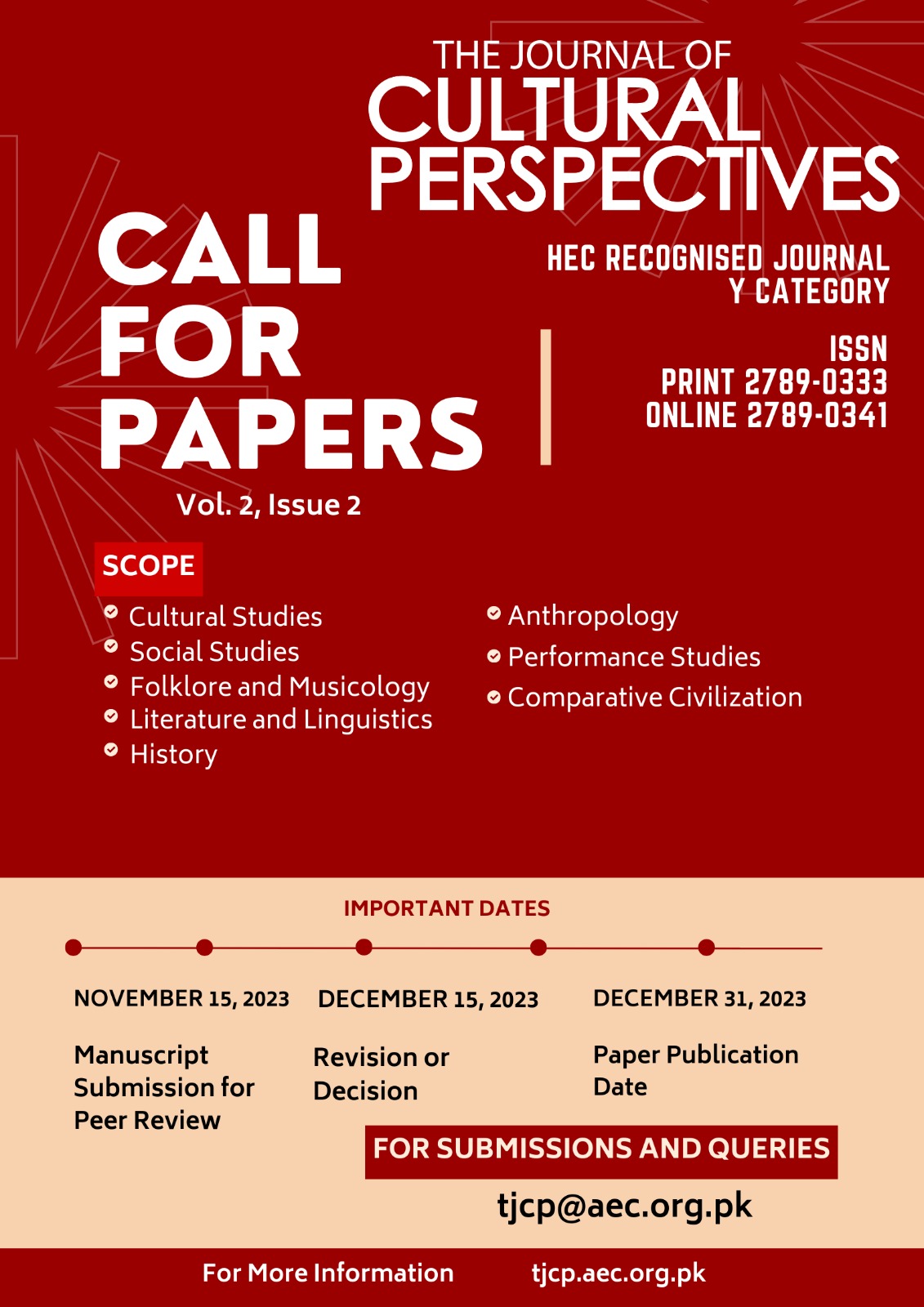
This research delves into the historical representation of the Partition of Punjab in 1947 through the lens of Punjabi theatre in Lahore, focusing specifically on the impactful work of the Ajoka theatre group. The study traces the evolution of theatre in the region, from its ancient roots to its contemporary significance, highlighting its profound socio-political role. Ajoka, known for its resistance theatre, stands out in addressing various societal issues, including the pivotal event of the Partition. Through critical analysis of plays such as "Anhi Mai Da Sufna" this research explores how Ajoka presents and interprets the Partition, evaluating the ideological underpinnings and narrative structures employed. The study aims to unearth the psychological trauma embedded in the portrayal of the Partition, employing theatre as an alternative source for understanding social history and offering a unique perspective on a historically significant event. Drawing on archival sources, scripts, videos, interviews with key personnel, and audience reactions, this research examines Ajoka's role in shaping the narrative of Punjab's Partition, bridging the gap between theatrical artistry and historical representation.